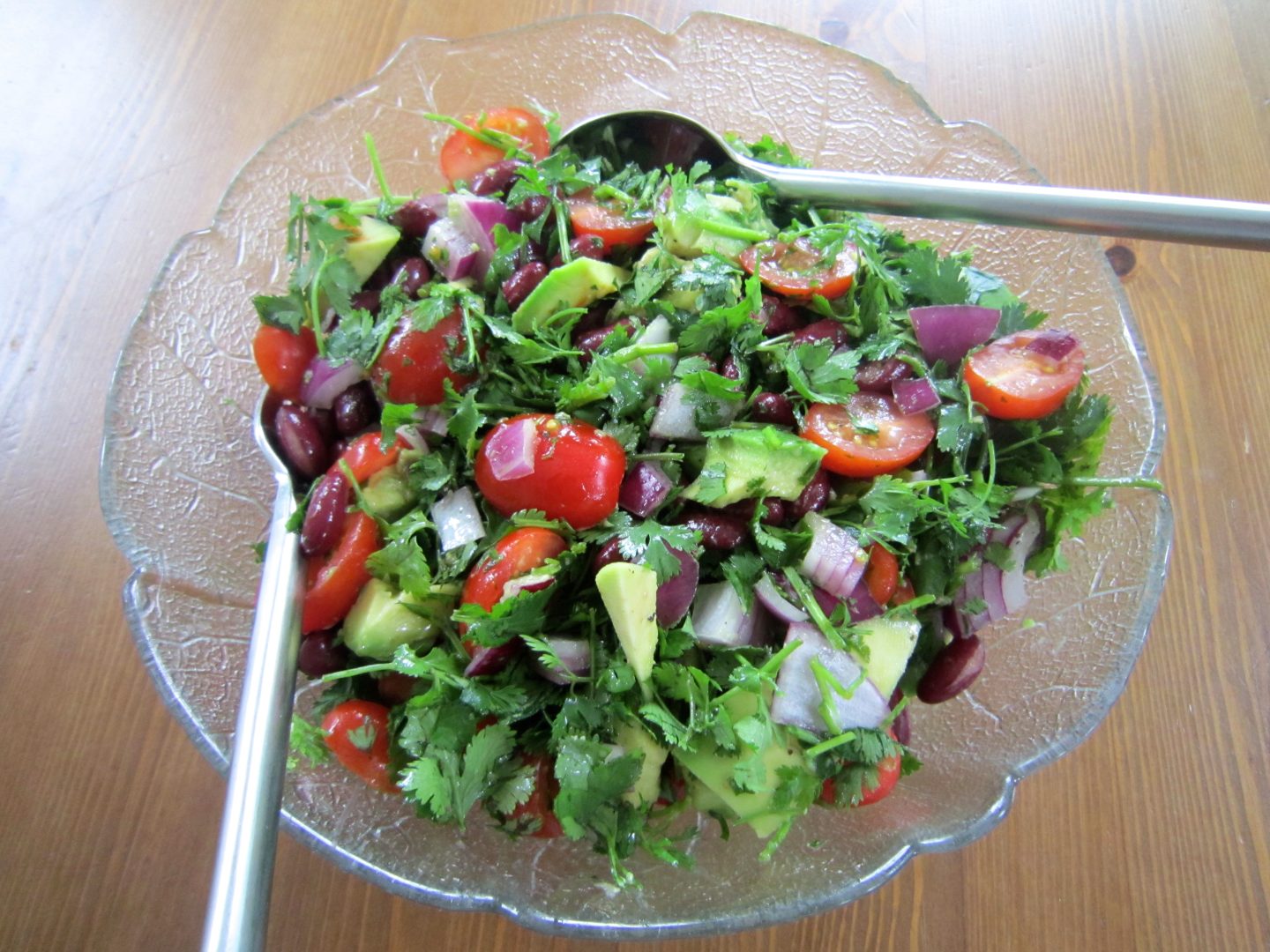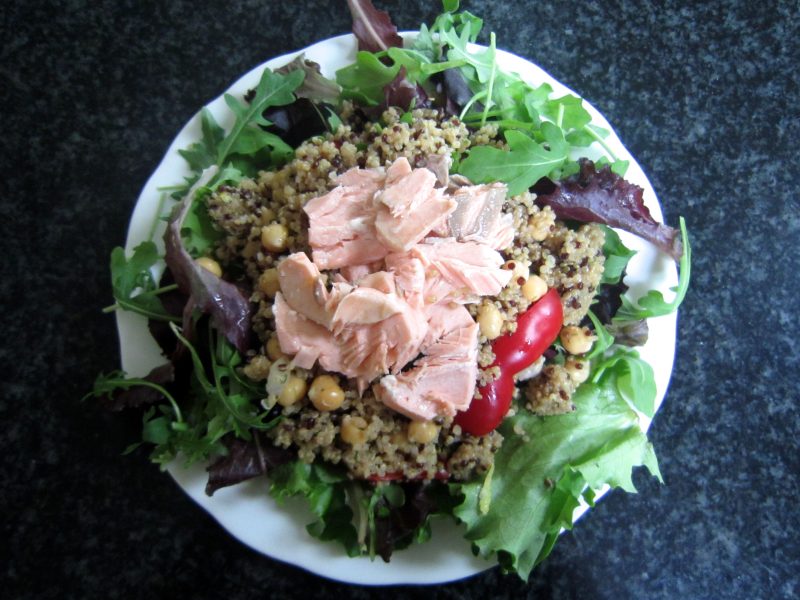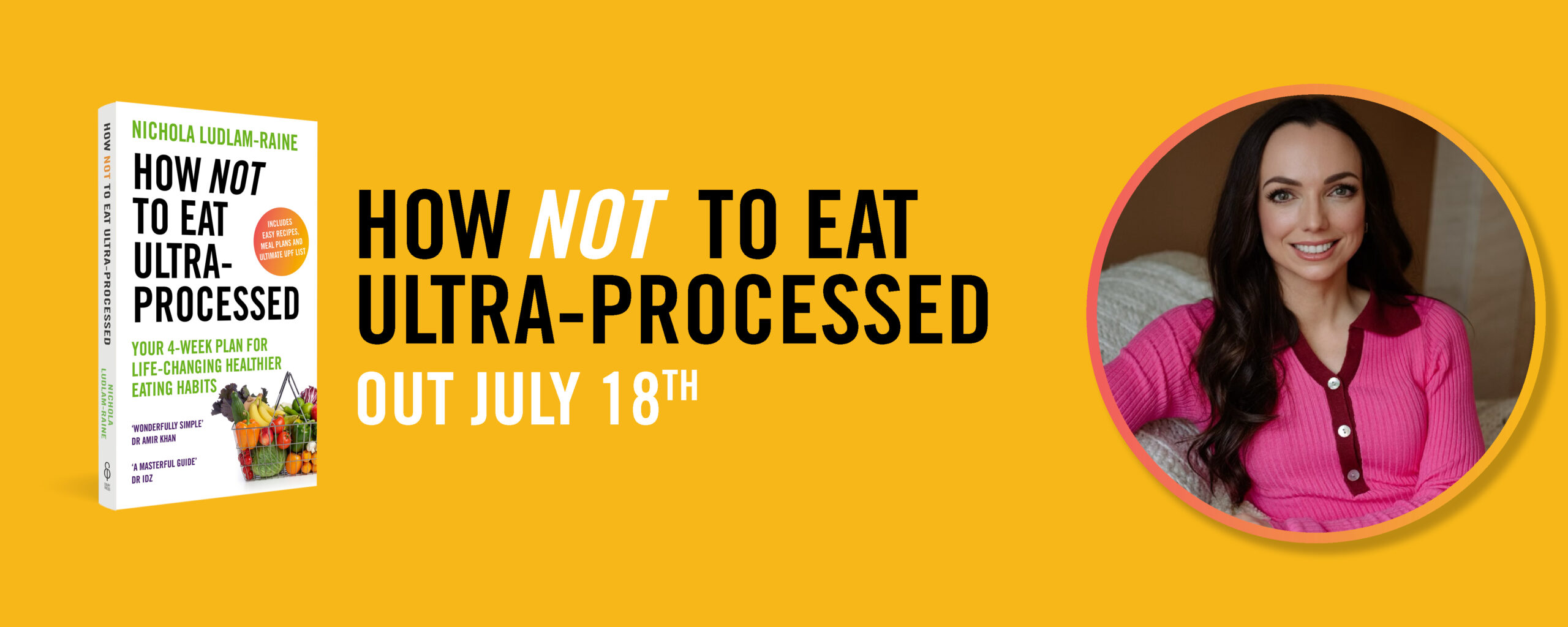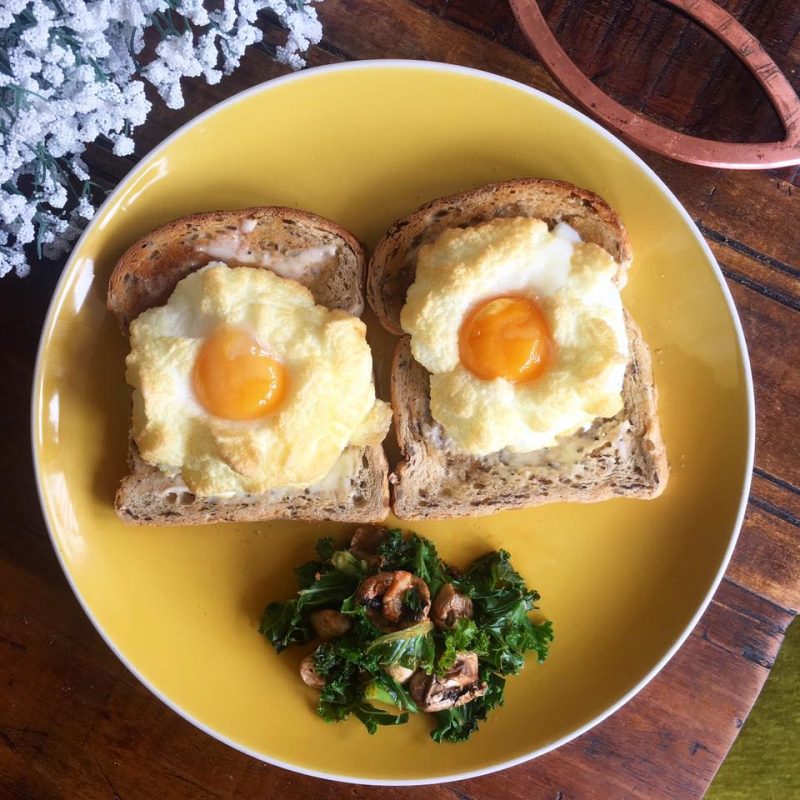
Hello and happy new year! So in case you didn’t already know, I’ve been writing for a new magazine called Teen Breath who promote articles which help the reader to achieve a happier, healthier and more fulfilled life. It’s honestly brilliant and I recommend it to anyone who has teenagers! In each edition they feature an article on food and health and in this edition I’ve written all about the nutritional considerations to think about when following a plant based (aka a vegetarian/vegan) diet. With ‘veganuary’ (eating vegan in January) growing in popularity I thought I would share with you the article that I wrote.. Do let me know what you think and if you pick up a copy!
Plant-based diets* are growing in popularity and depending on the type of plant-based diet that people choose, the following foods may or may not be eaten; eggs, milk and cheese, foods from an animal such as honey, fish, poultry and meat.
Individuals may choose to follow a plant-based diet for a number of reasons including animal welfare, personal health reasons and environmental concerns. Regarding health, there are a number of different eating patterns associated with good health and longevity; some include meat, and others do not:
- Mediterranean Diets – limit red meat, but include poultry and fish
- Traditional high carbohydrate Asian-style Diets – include meat in small amounts, as well as fish
- Vegetarian Diets – meat free, although pescetarians do eat fish
- Vegan Diets – no meat, egg or dairy
*The word ‘diet’ in this article refers to everything that we eat, rather than a weight loss regime.
A well planned plant-based diet can be both nutritious and healthy, and meat-free diets have indeed been associated with lower risks of heart disease, high blood pressure, type 2 diabetes, obesity and various cancers. It’s worth noting though that most of the research is only observational and many vegetarians may be more health conscious; thus being more likely to exercise and less likely to smoke.
A new style of diet has however recently emerged; instead of following a strict vegetarian or vegan diet, many people are now choosing to follow a ‘flexitarian plan’. Eating in accordance to a ‘flexitarian plan’ involves eating mainly plant-based foods but still includes meat and/or fish occasionally.
My advice though is to not feel pressured into ‘labelling’ yourself, or to follow a specific plan just because it’s ‘trendy’; eat in accordance with your beliefs and preferences, irrespective of other peoples’ opinions.
If you’re thinking about following a plant-based diet though, there are six main nutrients to be aware of:
- 1) Protein: Plant based sources of protein include beans, lentils, chickpeas, soya, nuts and seeds as well as wheat, rice and maize. Milk, yoghurt and cheese also provide protein, in addition to meat-alternatives such as mycoprotein e.g. Quorn. Plant-based sources of protein are generally incomplete (they don’t contain all of the essential amino acids, which are the building blocks of protein), meaning it’s essential to eat a variety of them every day. Soya, quinoa and hemp are the only plant-based complete sources of protein i.e. they contain all of the essential amino acids that our body needs.
- 2) Iron: Iron is responsible for making red blood cells and red meat is the most easily absorbed source of iron. In addition to meat and eggs, good plant based sources of iron include pulses, dried fruit, dark-green vegetables such as watercress, broccoli and spring greens, wholemeal bread and fortified breakfast cereals. Try to include a source of vitamin C with your iron source to help you to absorb it better; for example citrus fruits or vegetables including peppers.
- 3) Calcium: Dairy foods are rich in calcium which is a mineral essential for healthy bones and teeth. Plant based sources of calcium include calcium-fortified dairy-free milks, figs, almonds, green leafy vegetables including kale and pak-choi, kidney beans, sesame seeds and tofu. Although spinach does contain iron, it isn’t easily absorbed.
- 4) Vitamin B12: Other than meat, milk, eggs and cheese, sources of vitamin B12 include fortified yeast extract such as Marmite and fortified breakfast cereals as well as soya products. A vitamin B12 deficiency can lead to low energy levels and nerve damage which is why you may want to consider taking a supplement containing at least 10mcg of vitamin B12 a day, or 2000mcg weekly (if you’re not eating at least 3mcg of vitamin B12 from fortified foods).
- 5) Selenium: In addition to meat and fish, nuts, in particular Brazil nuts, are a good source of selenium. Just two to three Brazil nuts a day provides your body with the daily amount of selenium that it needs.
- 6) Omega 3 Fatty Acids: Omega 3 fatty acids are essential for our heart health and oily fish is one of the richest sources. Ideally we should eat two portions of fish a week, one of which is oily. If you don’t eat fish, it’s advised to include flaxseed (linseed) oil, rapeseed oil and soya-based foods such as tofu, walnuts, pumpkin seeds as well as eggs enriched with omega 3 on a regular basis.

Salmon Salad: If you don’t eat fish make sure to have other sources of omega 3 fatty acids such as walnuts and pumpkin seeds.
GENERAL TIPS FOR A HEALTHY PLANT BASED DIET IN INCLUDE:
- Basing your diet on a variety of plant based foods including fruits, vegetables, lentils, legumes, pulses, nuts and seeds; eat a rainbow to ensure you’re getting a wide variety of nutrients!
- Choosing higher fibre/wholegrain starchy foods rather than refined carbohydrates, such as oats, wholemeal bread, wholewheat pasta and brown rice.
- Including heart healthy fats such as olive oil and rapeseed oil for cooking and for salad dressings.
- Reducing your intake of sugary drinks as well as foods which are high in calories and low in nutrients such as cakes, biscuits, sweets (have these only occasionally!).
- Making sure your multivitamin includes (in addition to vitamin B12 and calcium) iodine and vitamin D; everyone in the UK should consider taking a supplement containing at least 10mcg of vitamin D a day, especially in the autumn and winter months.
- Drinking at least 8 glasses of fluid a day, water is best!
In summary, eating a more plant-based diet is not only good for the environment but it can have a positive effect on your health too. There is however no need to cut out foods such as meat, poultry and dairy altogether, especially if you enjoy it!
For more information on plant based diets check out the following credible websites:
NHS Choices | BDA Food Facts | The Vegetarian Society | The Vegan Society
*This blog post was originally posted 2.1.18

